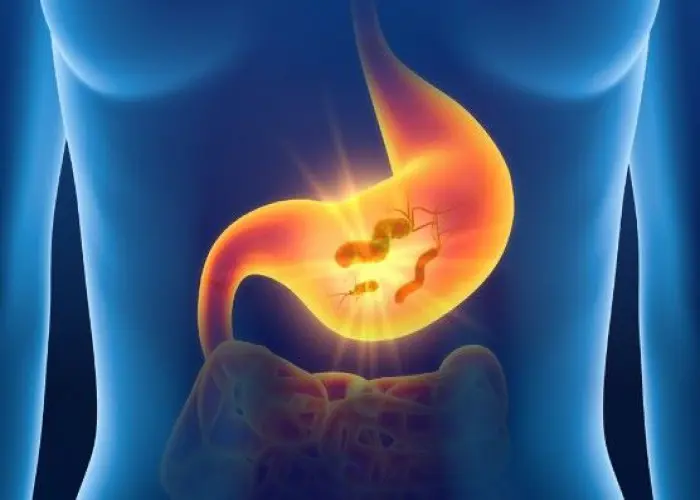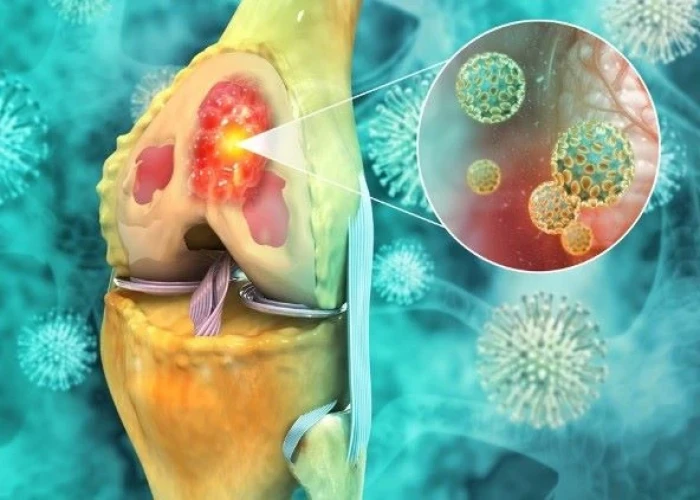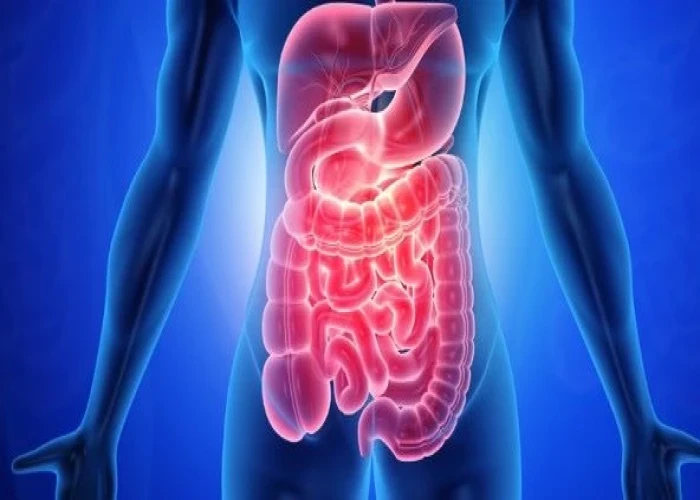 Welcome
Welcome
“May all be happy, may all be healed, may all be at peace and may no one ever suffer."
Pouchitis

Pouchitis is an inflammatory condition that can occur in people who have had surgery to remove their colon and rectum due to conditions such as ulcerative colitis or familial adenomatous polyposis. In these cases, a pouch is created from the end of the small intestine to serve as a replacement for the colon and rectum.
Pouchitis occurs when this pouch becomes inflamed, causing symptoms such as abdominal pain, diarrhea, fever, and a sense of urgency to have a bowel movement. The exact cause of pouchitis is not clear, but it is thought to be related to changes in the bacterial composition of the pouch.
The treatment for pouchitis typically involves antibiotics, which can help reduce inflammation and eliminate any bacterial overgrowth. In some cases, anti-inflammatory drugs or immunosuppressive medications may also be used. Dietary changes, such as avoiding high-fat or high-fiber foods, may also be recommended to help manage symptoms.
It is important for individuals with pouchitis to work closely with their healthcare providers to develop a personalized treatment plan that addresses their specific needs and goals. With proper treatment, most people with pouchitis are able to manage their symptoms and maintain a good quality of life.
Research Papers
Disease Signs and Symptoms
- Diarrhea
- Abdomen pain
- Joint pain
- Cramp
- Fever
- Frequent bowel movements
Disease Causes
Disease Prevents
Disease Treatments
Disease Diagnoses
Disease Allopathic Generics
Disease Ayurvedic Generics
Disease Homeopathic Generics
Disease yoga
Pouchitis and Learn More about Diseases

Posterior cortical atrophy

Complex regional pain syndrome

Bags under eyes

Migraine with aura

Pyloric stenosis

Gastritis

Selective IgA deficiency

Osteosarcoma
pouchitis, পোচাইটিস
To be happy, beautiful, healthy, wealthy, hale and long-lived stay with DM3S.
